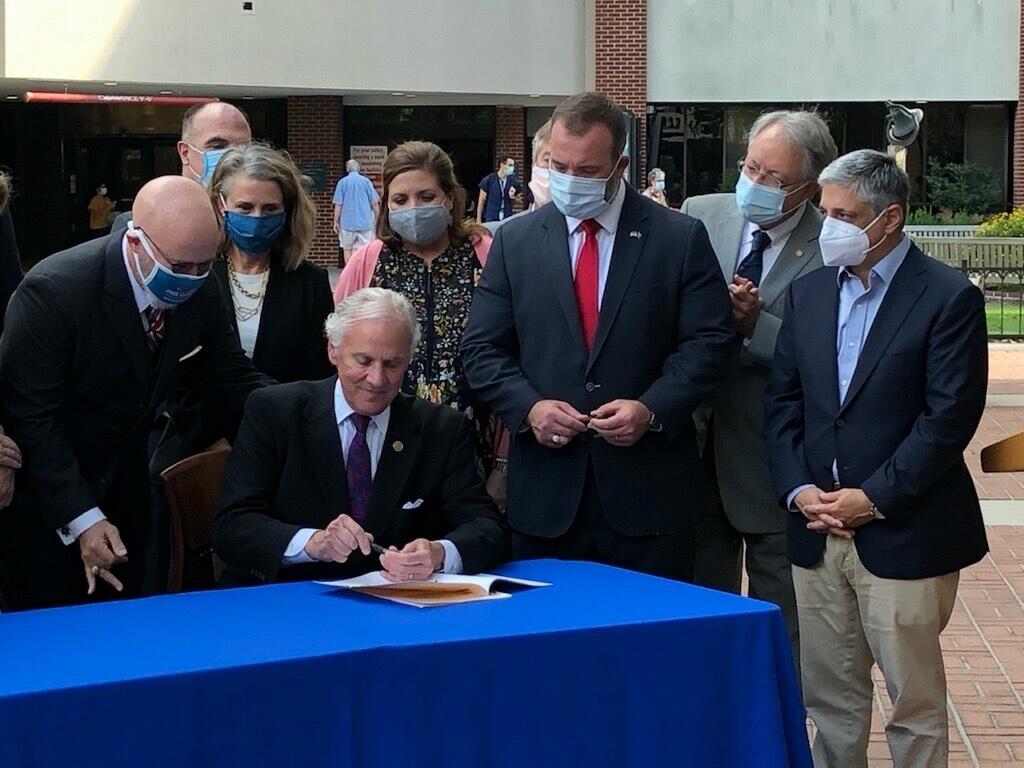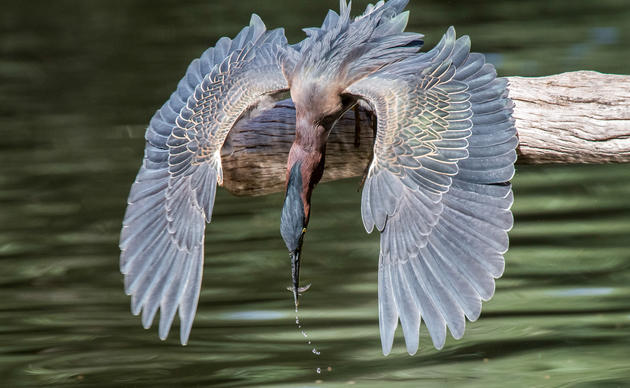
Program Highlight
Throughout the year, Audubon staff and members regularly engage local, state, and federal elected officials to advance pragmatic, bipartisan policies that protect the interests of birds and people. During the most recent two-year legislative session, Audubon worked closely with Gov. Henry McMaster, legislative leadership and conservation partners to ensure passage of the Disaster Relief and Resilience Act. Passed during a special legislative session in September, the bill includes funding and direction for comprehensive, statewide resiliency planning and preparation.
Audubon applauds the bill’s emphasis on nature-based solutions for flood mitigation, which is often the most cost-effective approach to protecting both vulnerable communities and wildlife habitat – in particular, its establishment of a revolving loan fund to aid in the voluntary relocation of homeowners saddled with repetitively flooded properties, while incentivizing the return of those flooded properties back to a natural state that can then in turn provide flood mitigation and wildlife habitat. We look forward to working with these same partners to secure and direct funding for these efforts and the important on-the-ground natural infrastructure projects they will support.



